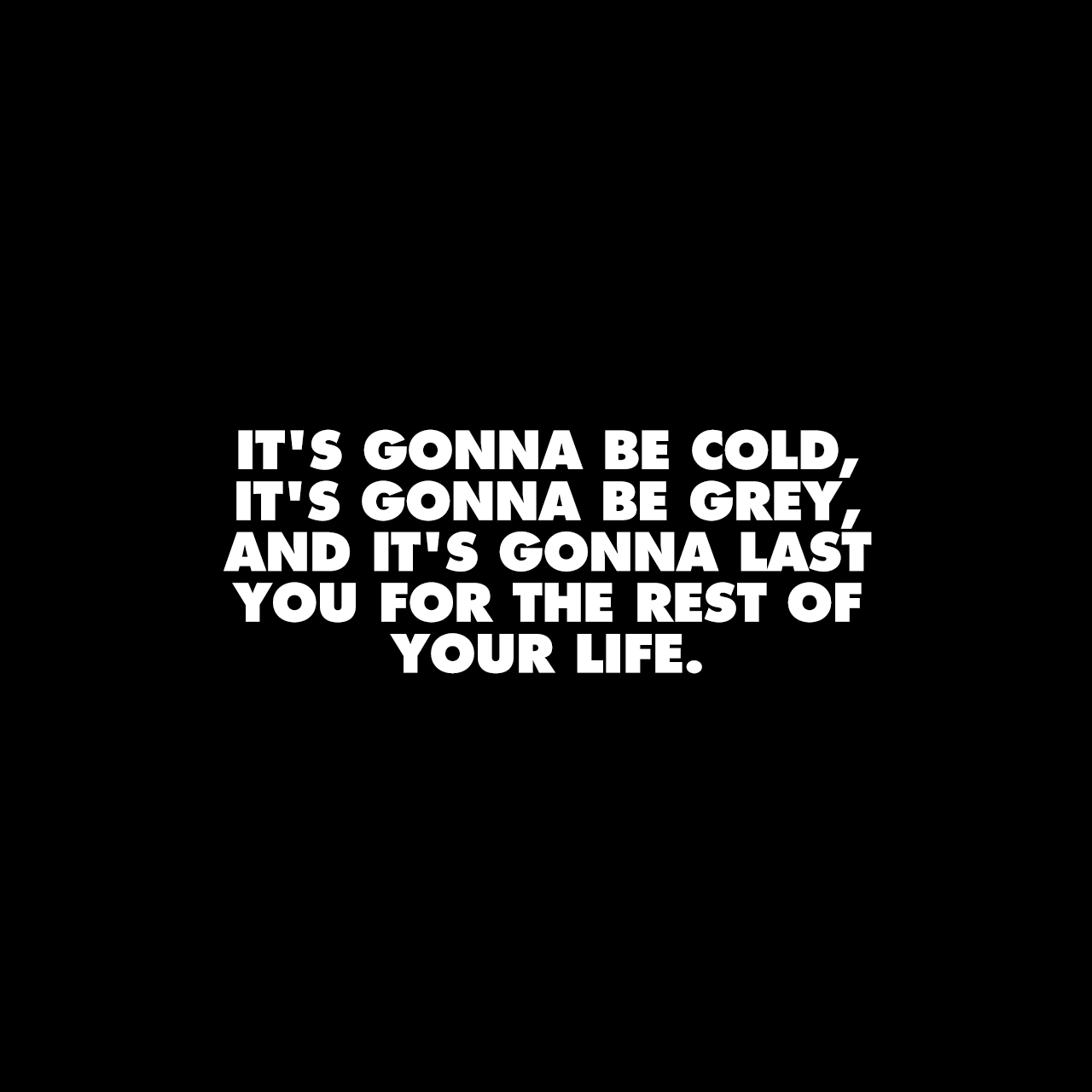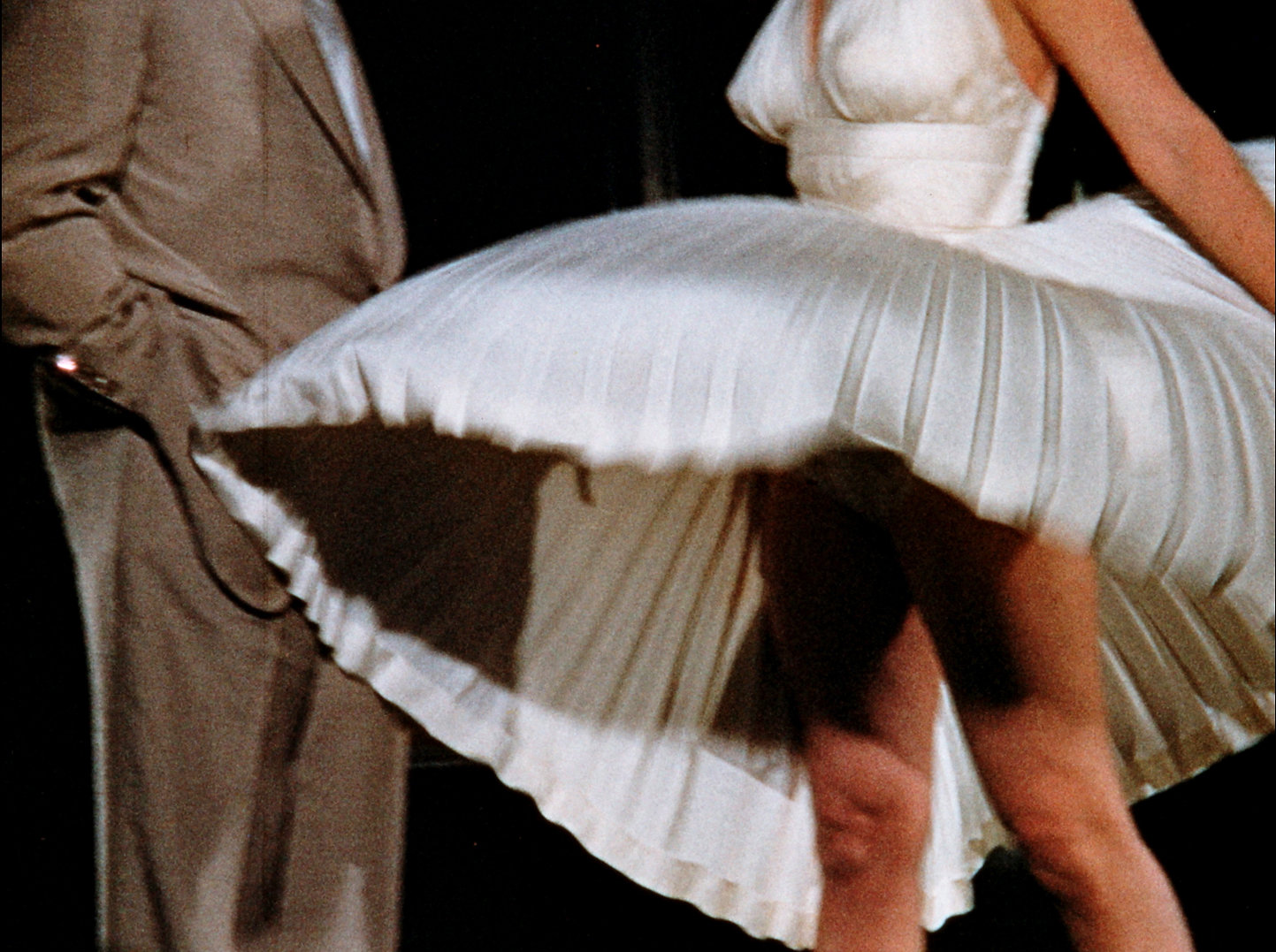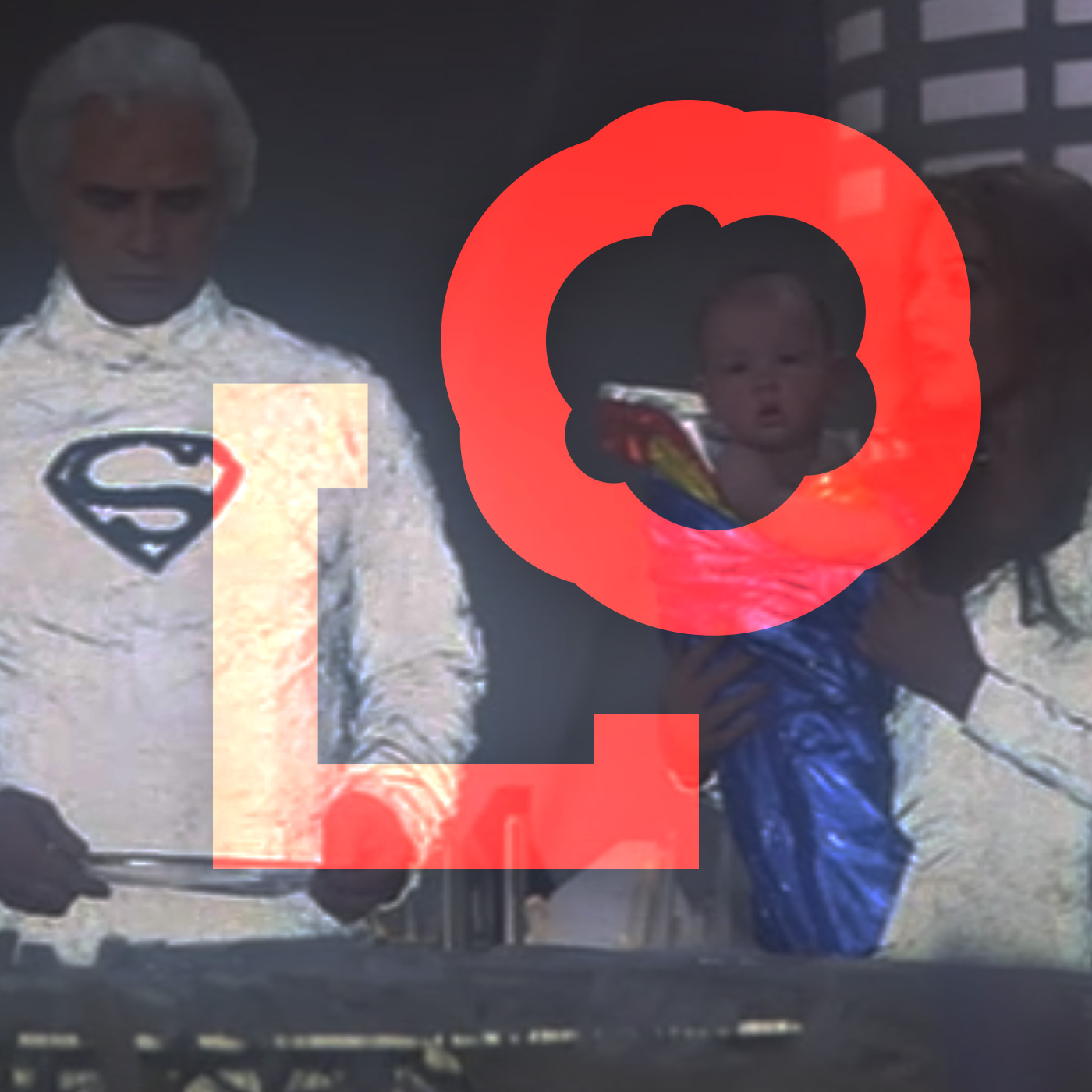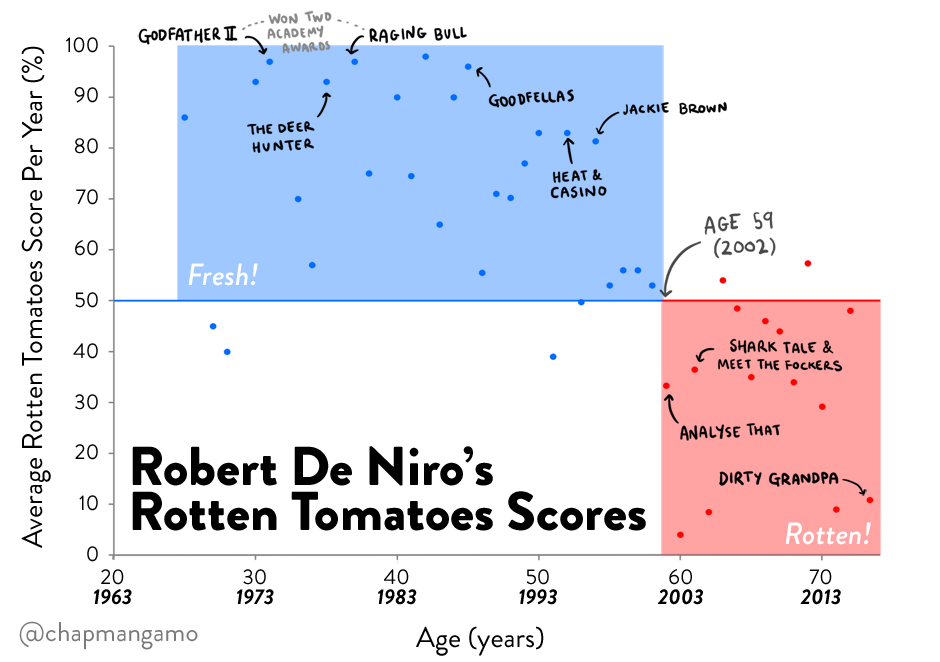Isn’t it delicious?
It’s Sabotage
The Rogue One trailer cut with Sabotage by the Beastie Boys.
I approve.
Rogue One: A Star Wars Story
Here’s the official trailer for Rogue One: A Star Wars Story:
I’m enjoying this new tradition of putting out better movies than the shitty prequels George Lucas made (granted, the bar was pretty low).
Weekly Exhaust Ep. 61 – Mike’s Motel? There’s No Way.
Mike and Bryan discuss Batman v Superman and end with some thoughts on that dirtbag Trump.
Allegory of the Cave
Allegory of the Cave is one of my favorite stories in philosophy. This visual essay is an interesting interpretation of it.
I would not have guessed what it was inspired by if I hadn’t been told.
via Laughing Squid
2002 Was the Year Robert De Niro Stopped Caring
Sulu Likes the Boys
I few days ago I explained why I’m not a fan of movie reboots.
It seems I’m not alone. News broke this past week that the character Sulu is revealed to be gay in the upcoming Star Trek Beyond and the actor who originally played Sulu, and who has been openly gay since 2005 — George Takei — is not on board with the idea:
The idea came from Simon Pegg, who plays Scotty in the new films and penned the Beyond screenplay, and director Justin Lin, both of whom wanted to pay homage to Takei’s legacy as both a sci-fi icon and beloved LGBT activist.
And so a scene was written into the new film, very matter-of-fact, in which Sulu is pictured with a male spouse raising their infant child. Pegg and Lin assumed, reasonably, that Takei would be overjoyed at the development — a manifestation of that conversation with Roddenberry in his swimming pool so many years ago.
Except Takei wasn’t overjoyed. He had never asked for Sulu to be gay. In fact, he’d much prefer that he stay straight. “I’m delighted that there’s a gay character,” he tells The Hollywood Reporter. “Unfortunately, it’s a twisting of Gene’s creation, to which he put in so much thought. I think it’s really unfortunate.”
Takei explains that Roddenberry was exhaustive in conceiving his Star Trek characters. (The name Sulu, for example, was based on the Sulu Sea off the coast of the Philippines, so as to render his Asian nationality indeterminate.) And Roddenberry had always envisioned Sulu as heterosexual.
As nice an homage to Takei it is, I can understand Takei’s rejection of the idea. George Takei, the person, is gay, not Sulu. Being gay is Takei’s story to tell and champion.
Pegg responded, “respectfully disagreeing“:
Pegg expressed sympathy with Takei’s sentiment that mainstream gay heroes were belatedly coming to the big screen, but rejected the idea that this meant a new character needed creating.
“He’s right, it is unfortunate, it’s unfortunate that the screen version of the most inclusive, tolerant universe in science fiction hasn’t featured an LGBT character until now. We could have introduced a new gay character, but he or she would have been primarily defined by their sexuality, seen as the ‘gay character’, rather than simply for who they are, and isn’t that tokenism?”
Pegg continued: “Justin Lin, Doug Jung and I loved the idea of it being someone we already knew because the audience have a pre-existing opinion of that character as a human being, unaffected by any prejudice. Their sexual orientation is just one of many personal aspects, not the defining characteristic. Also, the audience would infer that there has been an LGBT presence in the Trek Universe from the beginning (at least in the Kelvin timeline), that a gay hero isn’t something new or strange. It’s also important to note that at no point do we suggest that our Sulu was ever closeted, why would he need to be? It’s just hasn’t come up before.”
At the end of the day, the most important question will be, is the movie any good?
I’m Not a Fan of the Reboot
‘Ghostbusters’ backlash is about more than sexism, says producer Ivan Reitman:
The Ghostbusters reboot has received criticism questioning the need for a reboot, as well as the decision to cast four women as the ghostbusting stars. For his part, Reitman thinks the backlash has more to do with nostalgia than anger over a perception that political correctness influenced creative choices.
“I think there’s way too much talk about gender [when it comes to this film],” he said. “I think that many of the people who were complaining were actually lovers of the [original] movie, not haters of women.”
I’m one of the people who is not a fan of the reboot.
It really comes down to the fact that this is a money grab, not a move by an up-and-coming director who wants to honor the legacy of a classic film. Bullshit. This is Columbia Pictures wanting a cash cow for the summer.
It’s no secret Hollywood is out of ideas.
I also don’t believe in changing the ethnicity and sexual orientation of existing superheroes to make them more relevant in today’s world. I’d rather see people get creative and come up with new backstories and new superpowers younger generations can relate to.
The hero has a thousand faces, so give her/him a new one. I’d pay money to see it.
Honest Trailers – Jaws
‘We all get dressed for Bill.’
Over the weekend New York Times photographer Bill Cunningham died. As someone whose father bought the Sunday New York Times every weekend, Cunningham was a part of my life before I knew who he was.
When I moved to the East Village in 2000 I continued my father’s habit of buying the Times every Sunday. My girlfriend (now wife) loved fashion, so I’d always hand over the Fashion section to her which always had a grid of Cunningham’s fashion shots above the fold.
Jacob Bernstein did a great write-up on Cunningham:
Mr. Cunningham was such a singular presence in the city that, in 2009, he was designated a living landmark. And he was an easy one to spot, riding his bicycle through Midtown, where he did most of his field work: his bony-thin frame draped in his utilitarian blue French worker’s jacket, khaki pants and black sneakers (he himself was no one’s idea of a fashion plate), with his 35-millimeter camera slung around his neck, ever at the ready for the next fashion statement to come around the corner.
Nothing escaped his notice: not the fanny packs, not the Birkin bags, not the gingham shirts, not the fluorescent biker shorts.
In his nearly 40 years working for The Times, Mr. Cunningham snapped away at changing dress habits to chart the broader shift away from formality and toward something more diffuse and individualistic.
He was a unique man:
He didn’t go to the movies. He didn’t own a television. He ate breakfast nearly every day at the Stage Star Deli on West 55th Street, where a cup of coffee and a sausage, egg and cheese could be had, until very recently, for under $3. He lived until 2010 in a studio above Carnegie Hall amid rows and rows of file cabinets, where he kept all of his negatives. He slept on a single-size cot, showered in a shared bathroom and, when he was asked why he spent years ripping up checks from magazines like Details (which he helped Annie Flanders launch in 1982), he said: “Money’s the cheapest thing. Liberty and freedom is the most expensive.”
If you haven’t seen it yet, I recommend the the documentary, Bill Cunningham New York. I watched it a few years ago and loved it.
If you have Amazon Prime, it’s included in your subscription (hat tip, Jason Kottke).
RAMS
Can Ya Smell What The Rock is Cookin’?
That’s the smell of money being printed.
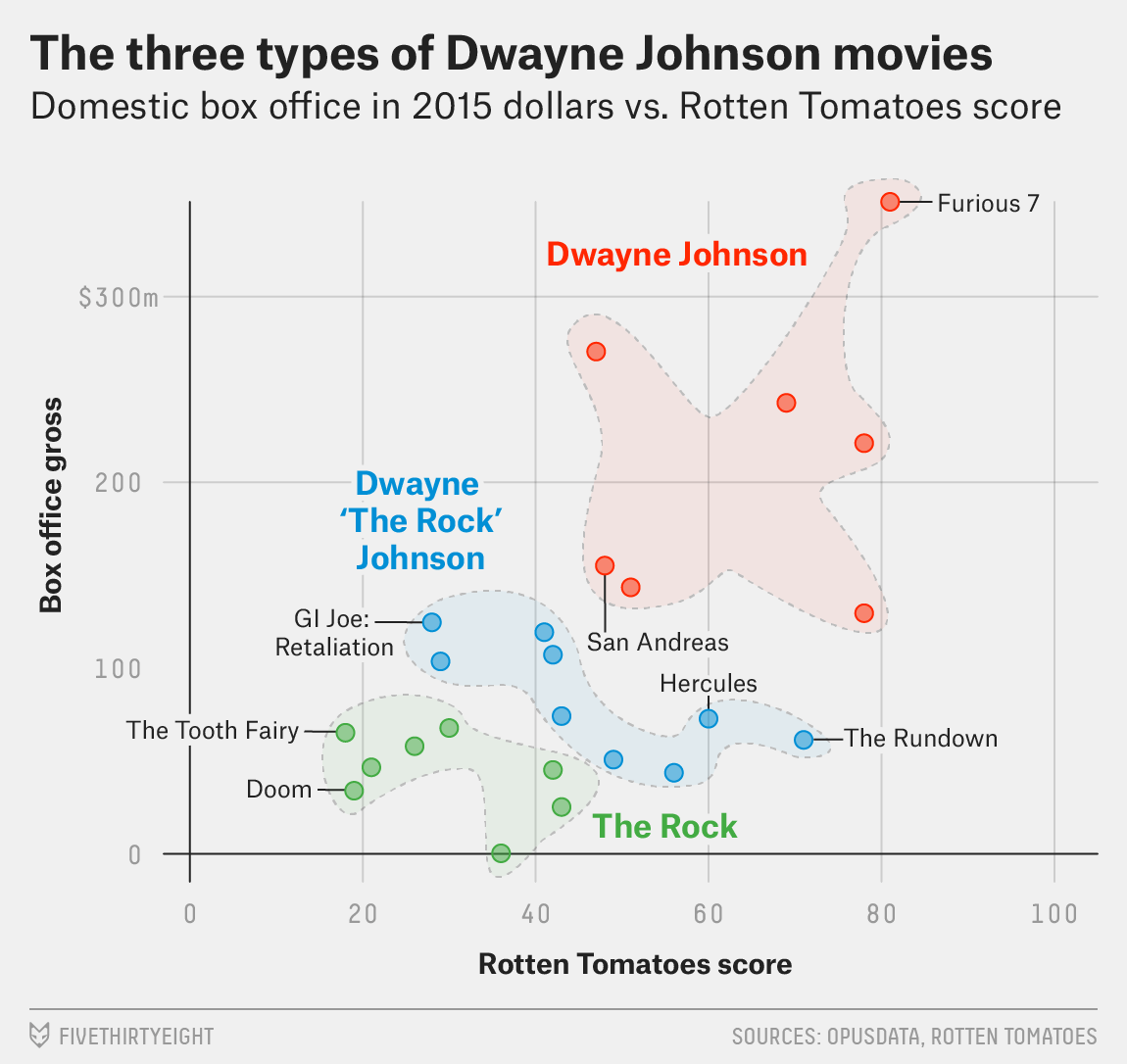
Bryan says San Andreas was a gloriously stupid movie.
Now that I think about it, I’m not sure I’ve ever seen a Dwayne Johnson through from start to finish.
Your Post as a Movie Poster
I’m a big fan of making up projects for yourself if you’re in need of portfolio pieces but have any work or clients (I don’t recommend you work for free, but creativity is a muscle that needs regular exercise).
A great example is this subreddit: Your_Post_As_A_Movie

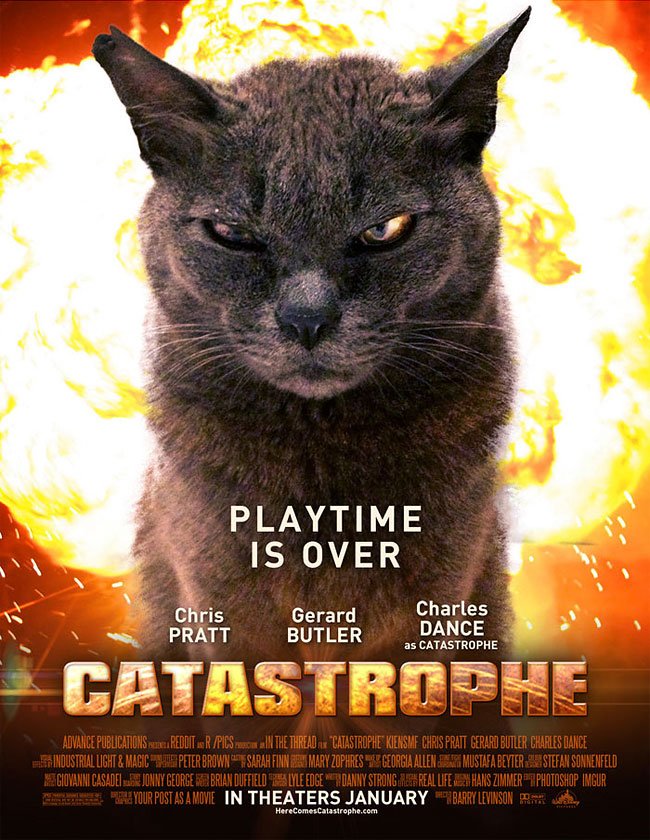
via design you trust
